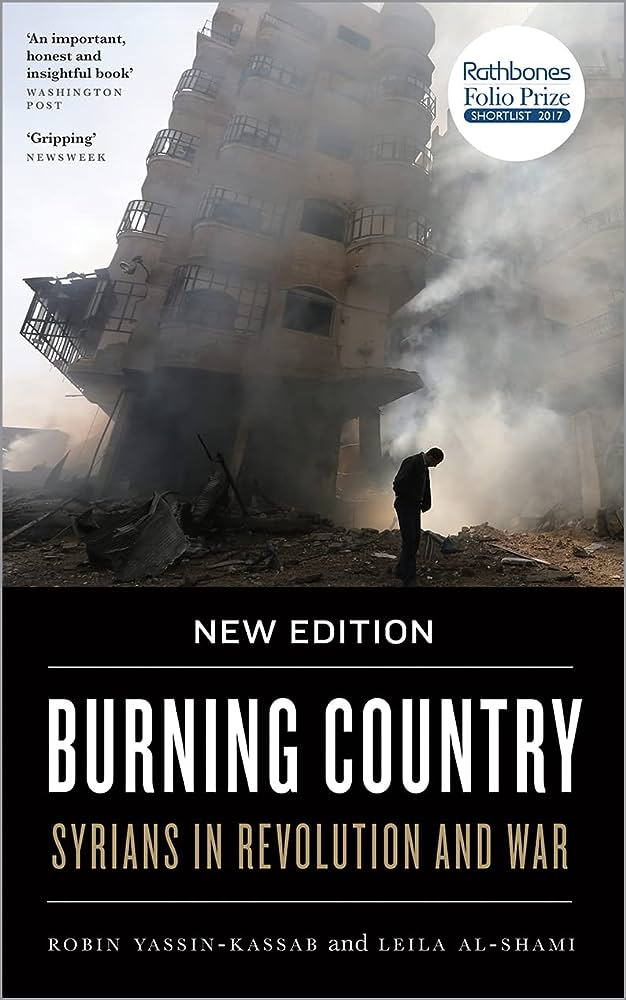
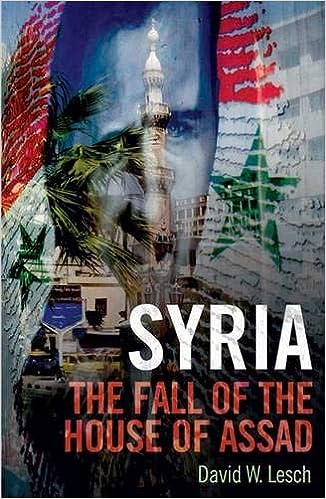
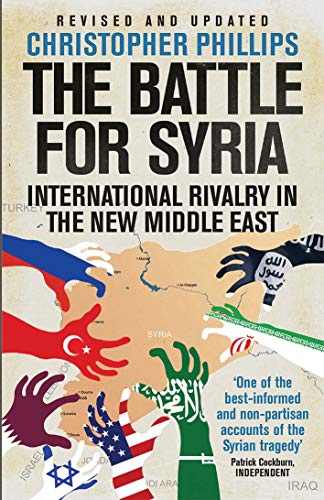
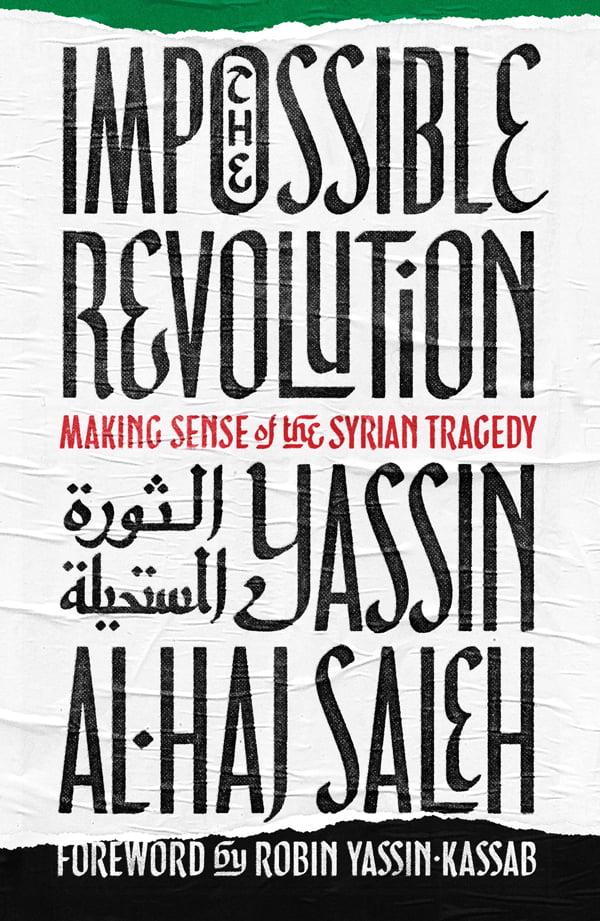

As we reflect upon a decade since the chemical assault on the Ghouta district of Damascus, a stark reality emerges: Bashar al-Assad appears to have emerged victorious in the complex web of the Syrian Civil War. More than an unspeakable tragedy, that fateful day claimed the lives of over 1,400 individuals, among them innocent children. The unleashing of the nerve agent sarin set off a wave of horrors, etching itself into the chronicles of a brutal conflict. We’ve looked at some books that explain the situation of the Syrian civil war.
Fast-forward to the present, and Assad maintains an unyielding grip on authority. His dominion extends across a significant portion of Syria’s territorial expanse, marking a terrain both hard-won and deeply fraught. In a landscape defined by devastation and displacement, the contours of power have unmistakably shifted. The assertion stands strong: Assad commands the narrative.
What was the Ghouta chemical attack during the Syrian civil war?
The Ghouta chemical attack was a series of chemical attacks that took place on August 21, 2013. The attacks were carried out by the Syrian government forces of Bashar al-Assad against the rebel-held Eastern Ghouta suburbs of Damascus. More than 1,400 people were killed over 10,000 were injured. The majority of the victims were women and children. The attacks were widely condemned by the international community, and led to the United States and its allies considering military intervention in Syria. The United Nations Security Council held an emergency meeting on the same day, to discuss the tragic event. The meeting was inconclusive, with Russia and China vetoing a resolution that would have condemned the attacks and demanded that the Syrian government allow UN inspectors into the country to investigate. The UN inspectors were eventually allowed into Syria, and they concluded that the attacks had been carried out using sarin gas, a highly toxic nerve agent. The inspectors also found evidence that the Syrian government had been stockpiling sarin gas. The Ghouta chemical attack was one of the deadliest chemical attacks in recent history. It was also a major turning point in the Syrian civil war, as it led to the United States and its allies considering military intervention in Syria. The international community is still divided on who was responsible. The Syrian government has denied responsibility, and Russia has backed the government's denial. However, the evidence overwhelmingly suggests that the Syrian government was responsible for the attacks.
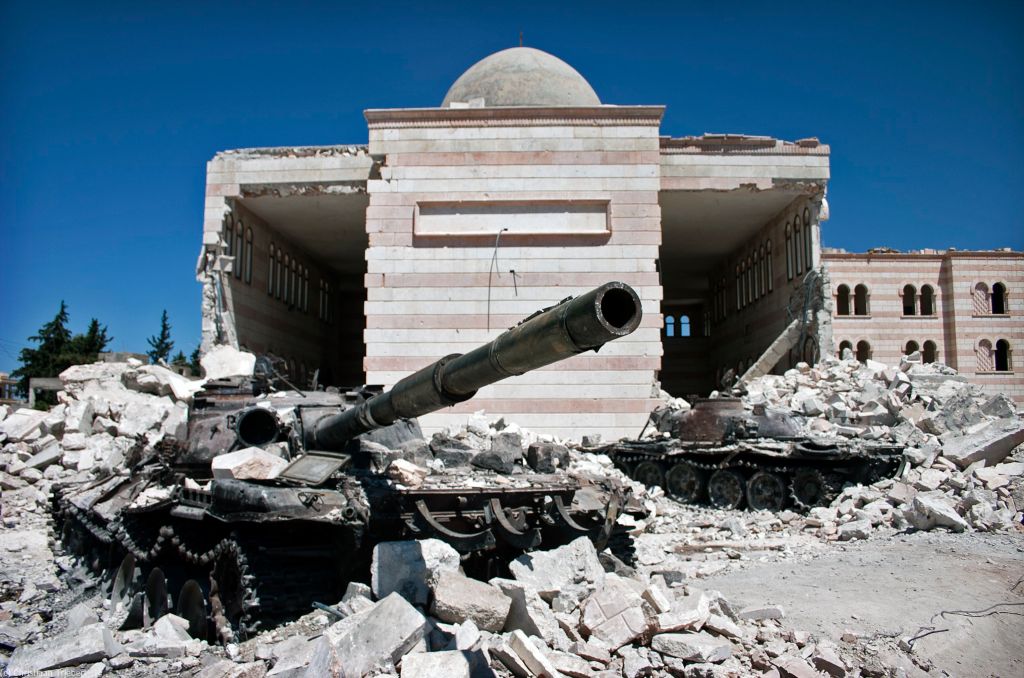
Christiaan Triebert.What was the cause of the Syria Civil War?
The Syrian Civil War is complex and defies straightforward logic. The immediate trigger was the Arab Spring uprisings of 2011, which saw widespread protests against authoritarian governments across the Middle East. In Syria, these protests were met with a brutal crackdown by the government of President Bashar al-Assad, which sparked an armed insurgency.
Yet, beneath this visceral trigger lay a compendium of deeper undercurrents, a constellation of factors that nurtured the conflict’s eruption and sustenance:
- Economic stagnation and inequality. Syria has been ruled by the Assad family since 1970. During this time, the country has experienced slow economic growth and high levels of unemployment, particularly among young people. This has led to widespread resentment of the government.
- Sectarian divisions. Syria is a multi-sectarian society, with a majority Sunni Muslim population and a minority Alawite ruling elite. The Alawites are an offshoot of Shia Islam, and they have traditionally dominated the military and security forces. This has led to accusations of discrimination against Sunni Muslims.
- Repression and lack of political freedom. The Assad government has been accused of widespread human rights abuses, including torture, arbitrary detention, and the suppression of dissent. This has created a climate of fear and resentment among many Syrians.
- Foreign intervention. The Syrian Civil War has been exacerbated by foreign intervention. Iran and Russia have supported the Assad government, while Turkey, the United States, and the European Union have supported the opposition. This has helped to prolong the conflict and make it more difficult to resolve.
The Syrian Civil War has caused a humanitarian crisis of immense proportions. Millions of people have been displaced from their homes, and hundreds of thousands have been killed. The war has also destabilised the region and contributed to the rise of ISIS.
Is Syria still in war?
A constellation of factors attempts to paint a tableau of his presumed triumph. Firstly, the alliance with Russia and Iran affords Assad the essential military support required to turn the tide against rebel forces. This formidable backing, combined with an obvious hesitation from the United States and its allies to intervene militarily, has afforded him a breadth of manoeuvring unparalleled thus far.
Yet, the tale is one of nuance and lingering consequences. The capital city, Damascus, tentatively unfurls the threads of normalcy, albeit tenuously. The cityscape seeks to mend the scars inflicted by a protracted conflict. However, the wounds run deep, slicing through the fabric of Syria’s economy, a lasting testament to the ravages of war.
Even as Damascus beckons toward respite, Syria herself remains a canvas marred by divisions. Swathes of land are marked by the insignia of Kurdish forces and the spectre of the Islamic State, a reminder that peace is an aspiration far from realised. The nation’s stormy course is, however, deflected by a note of recognition. The Arab League’s acceptance of Syria back into its fold is emblematic of an acceptance – the acknowledgment that Assad’s tenure, unwavering and formidable, endures.
Top nonfiction books on the Syrian civil war
Here are some top nonfiction books that provide insightful perspectives on the Syrian civil war:
- Burning Country: Syrians in Revolution and War by Robin Yassin-Kassab and Leila Al-Shami. This book tells the story of the Syrian civil war from the perspective of ordinary Syrians, through interviews, personal accounts, and historical analysis.
- Syria: The Fall of the House of Assad by David Lesch. This book provides a comprehensive history of the Assad dynasty and its rule over Syria, from the rise of Hafez al-Assad to the current civil war.
- The Battle for Syria: International Rivalry in the New Middle East by Christopher Phillips. This book explores the role of foreign actors in the Syrian civil war, arguing that their interventions have helped to prolong the conflict and make it more difficult to resolve.
- The Syrian Jihad by Charles Lister. This book provides a detailed analysis of the rise and fall of the Islamic State in Syria, one of the most powerful rebel groups in the conflict.
- The Impossible Revolution: Making Sense of the Syrian Tragedy by Yasin al-Haj Saleh. This book is a memoir by a Syrian activist who was imprisoned for his opposition to the Assad regime. It provides a unique perspective on the Syrian civil war and the challenges of political change in Syria.
Read: Partition of India: best books to understand independence
I've spent a good part of the past decade covering the Syrian war as a journalist from 2012 to 2022 at ITV and Channel 4 News, and the horrors never ended. The media world is actually fairly small. We have this unspoken language where we recognise each other, and the difficult work we undertake. I still remember the day our newsroom held a minute's silence as we lost our fellow colleague Marie Colvin during a bomb attack in Syria. And I had the gruesome task of contacting relatives and US government departments to confirm the deaths of James Foley and others killed by ISIS. There isn't a day we weren't affected by the work that we did, which is why it's so important we keep remembering those living under the shadow of trauma.
In a world where narratives shift like sand, the trajectory of Syria’s fate has settled into an unsettling certitude. Aron Lund, a perceptive voice, encapsulates the prevailing sentiment: Assad’s grip is unrelenting, his influence indelible. As Syria marks another milestone in its tumultuous journey, the shadows of its past coalesce with the weight of its present, painting a complex picture of power, resilience, and an uncertain tomorrow.
This article contains affiliate links via Bookshop.org in which we may receive a small commission at no extra cost to you, in order to support local bookshops. We have not been commissioned to review books and services.
Make a one-time donation
Your contribution is appreciated! Everything you donate will go back towards providing even more vital information but we need your help!
DonateMake a monthly donation
Your contribution is appreciated.
Donate monthlyMake a yearly donation
Your contribution is appreciated.
Donate yearly
[…] urged the General Assembly to establish a human rights body to meaningfully address the tragedy of missing and forcibly disappeared persons in Syria, which amount to more than […]
[…] Read: Syrian civil war books: ten years on after Ghouta chemical attack […]
[…] Read: Syrian civil war books: ten years on after Ghouta chemical attack […]
[…] Read: Syrian civil war books: ten years on after Ghouta chemical attack […]